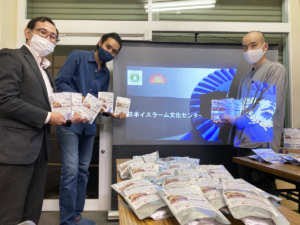Halal Japanese emergency food review, My first try
Salam and Hello!
This is Iman, Salam Groovy Japan Malaysian staff. Back again with a halal food review.
I tried out some emergency foods by Hinomoto Shokusan. Of course, they are halal-certified, alhamdulillah.
Since Malaysia doesn’t have frequent natural disasters compared to Japan, I didn’t know much about “emergency food”.
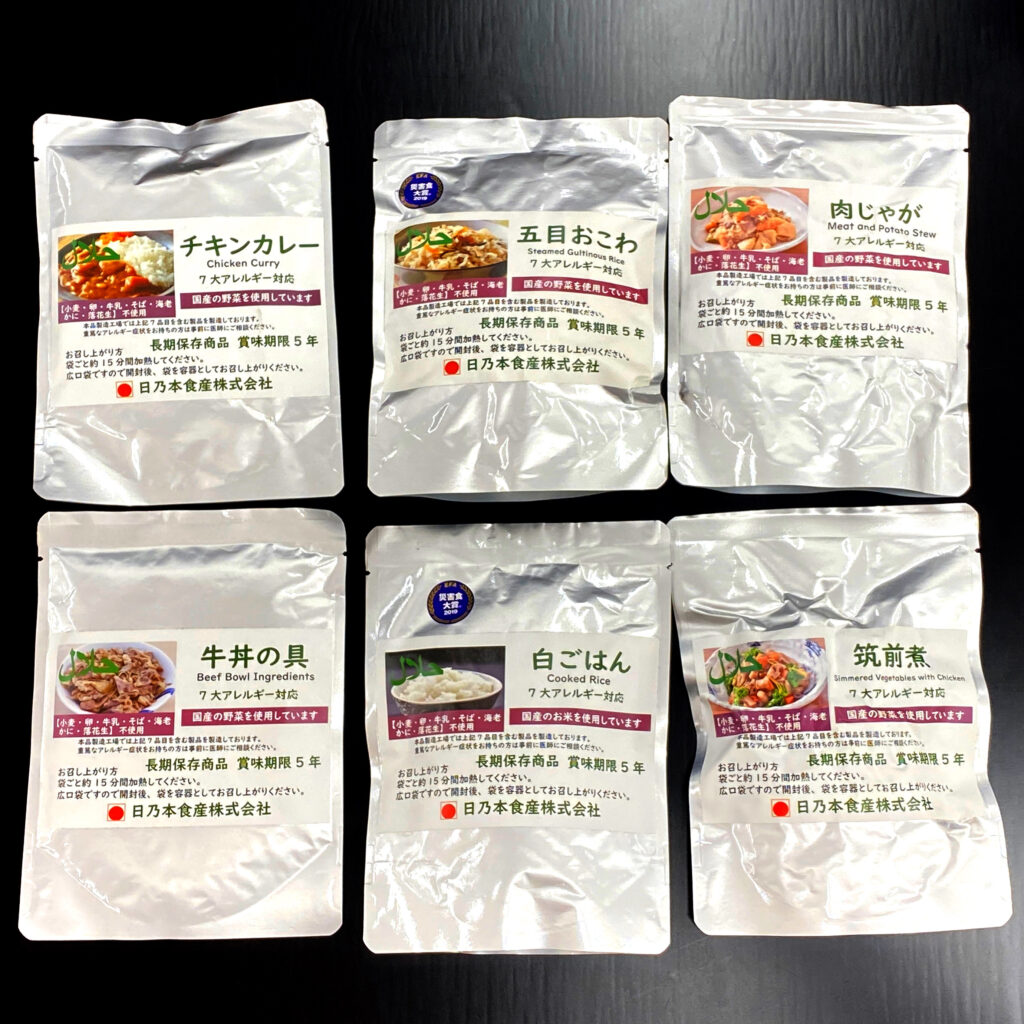
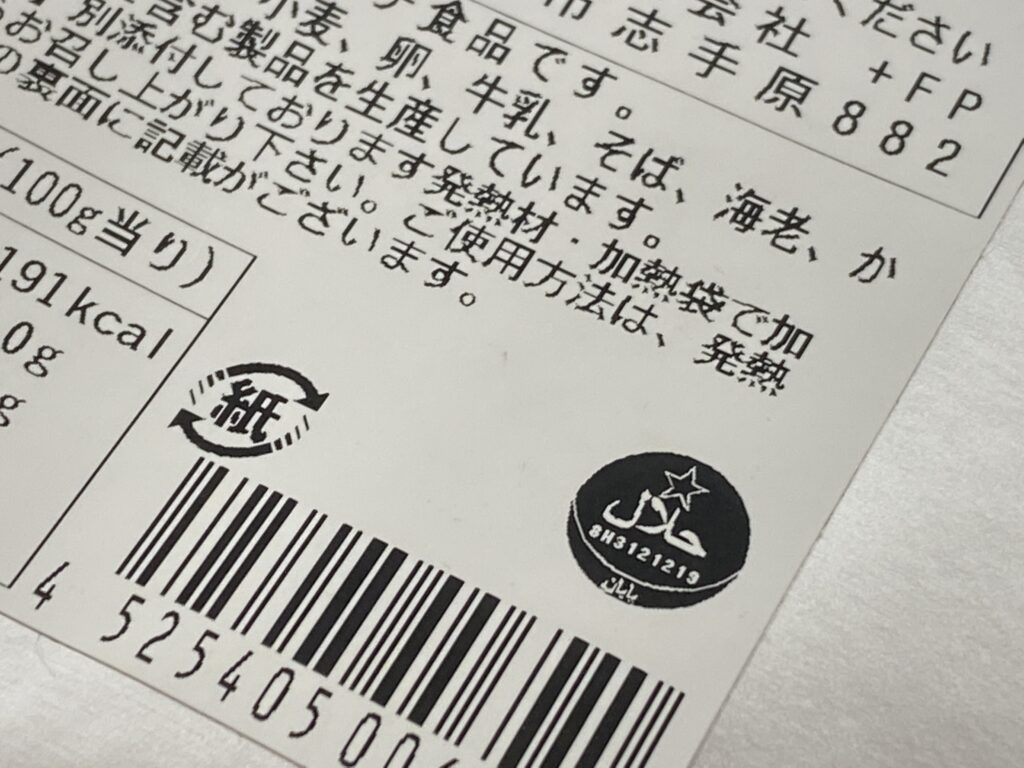
What is emergency food?
In Japan, emergency food is food supplies for situations where it is hard to get food, fuel or drinking water, such as during a natural disaster. This consists of ready-to-eat products that can be stored at room temperature and for a long time [retort food].
In fact, there are companies in Japan that specialize in emergency food.
I tried out 6 Hinomoto Shokusan emergency food: Chicken Curry, Steamed Glutinous Rice (gomoku okowa), Meat and Potato Stew (nikujaga), Beef Bowl (gyudon) Ingredient, White Rice, and Chikuzenni (simmered vegetables with chicken). They use the Morians Heat Pack to heat them up.
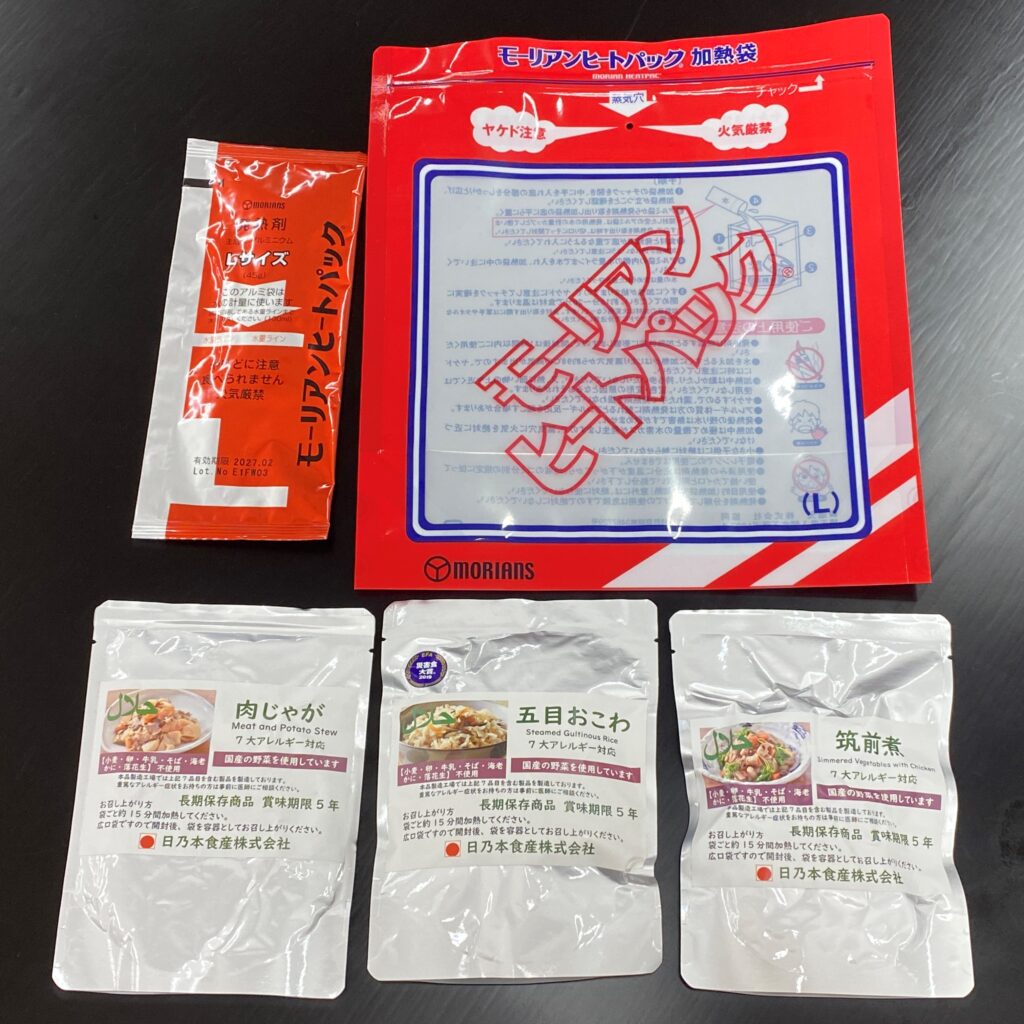
How To Heat Hinomoto Shokusan Emergency Food
1. Prepare your Morians Heat Pack. You will have a large pack to put the pouch in and an exothermic agent.
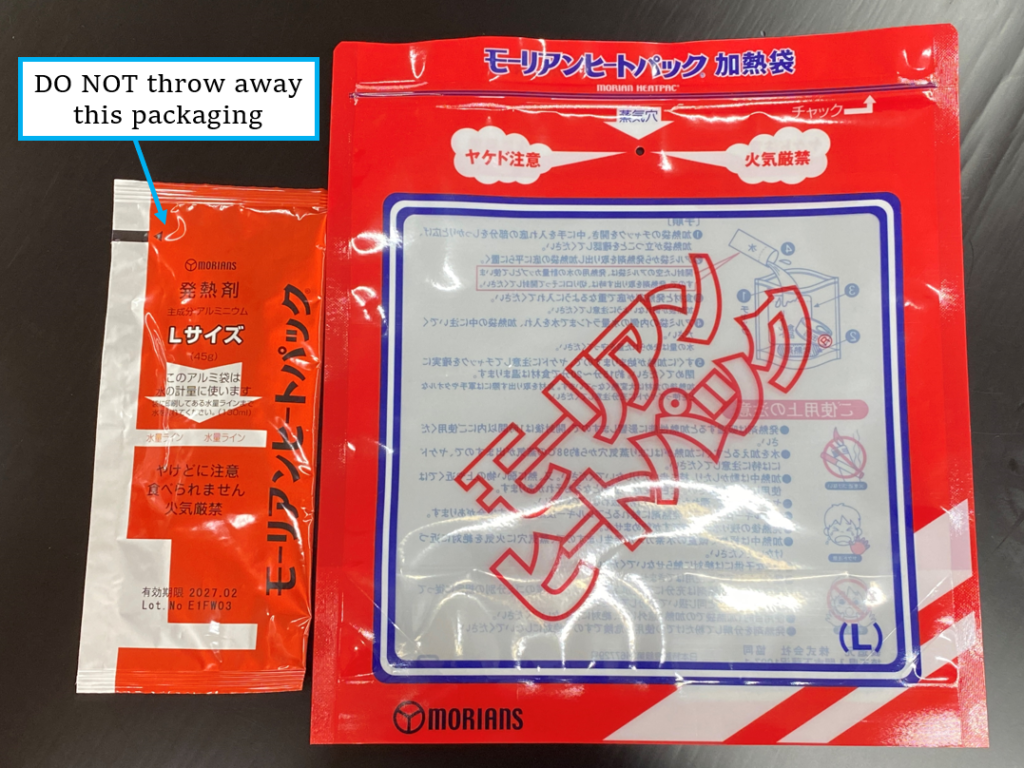
2. Make the pack stands. Put the exothermic agent into the bottom of the pack. Lay it down flat to make sure all the pouch touches it.
3. Put the products into the pack. *1 pack can heat 3 items at the same time
4. Fill in water into the small packaging until the indicated line.
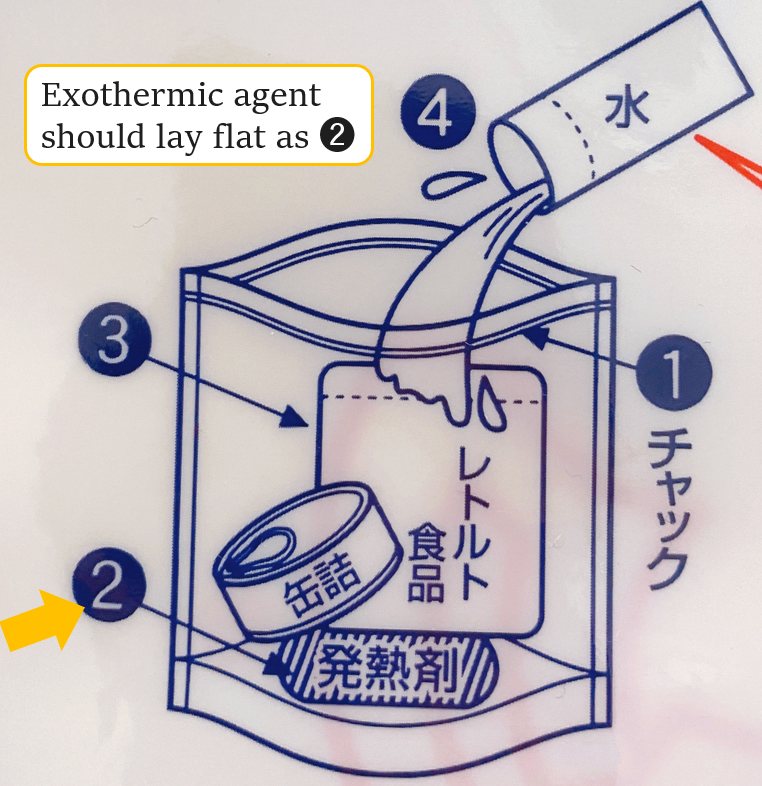
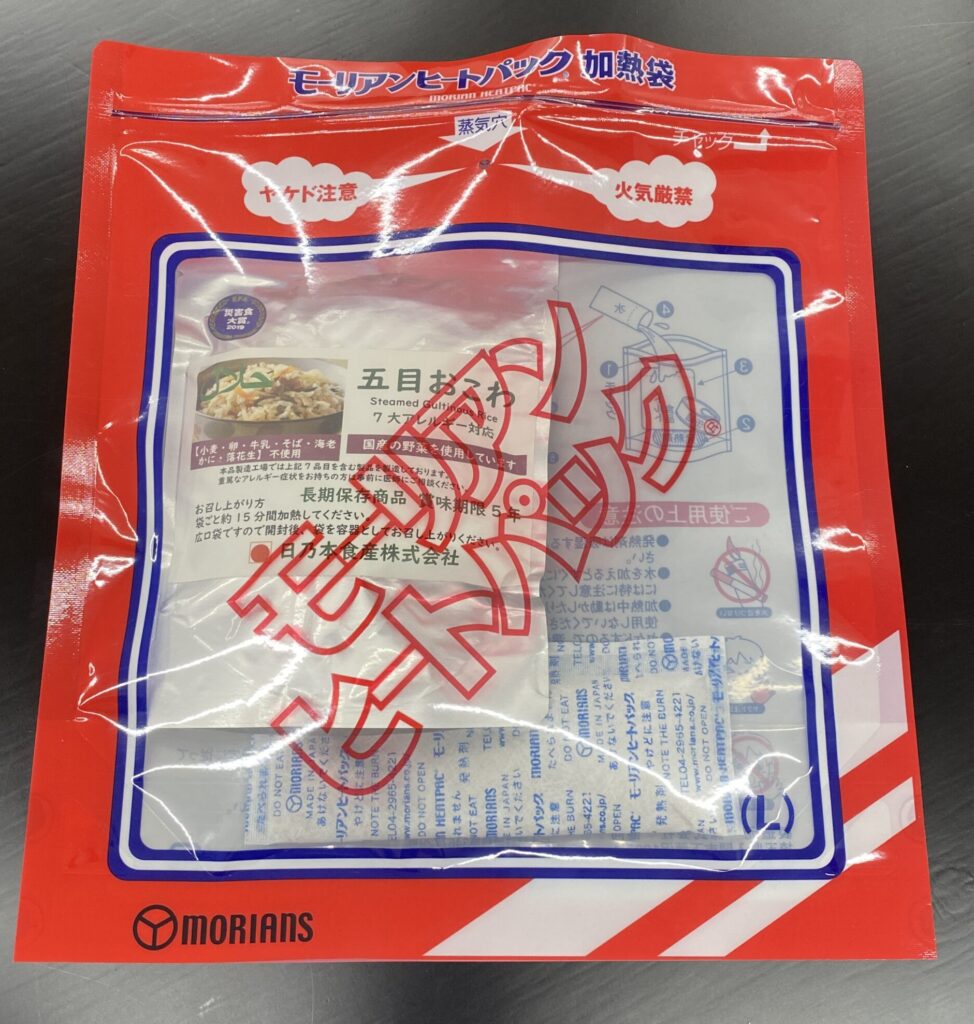
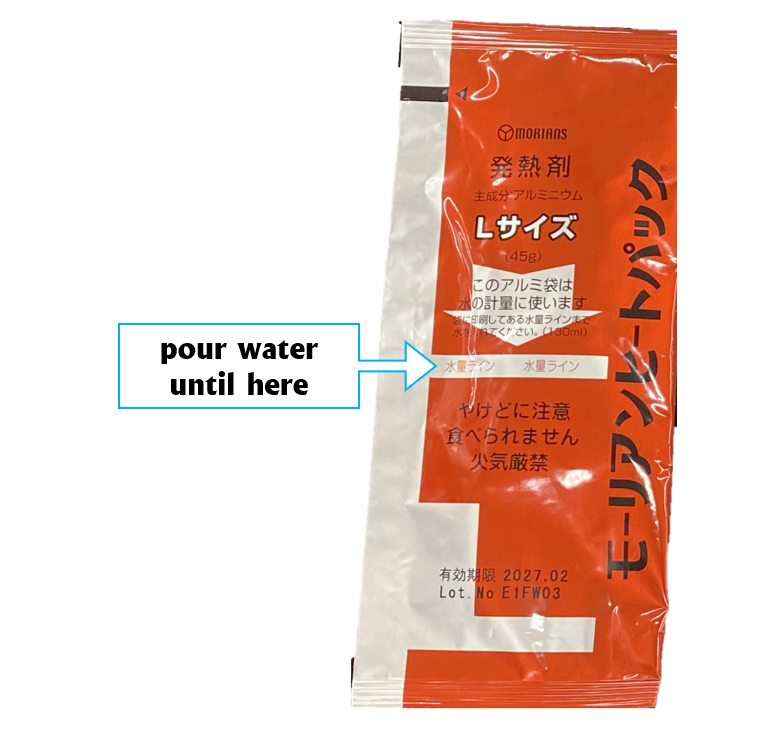
5. Pour water into the pack using the small packaging. Close the pack and wait for 15-20 minutes.
*CAUTION: the pack can be very hot while heating, so be careful
6. After 15-20 minutes, carefully take the products out and enjoy
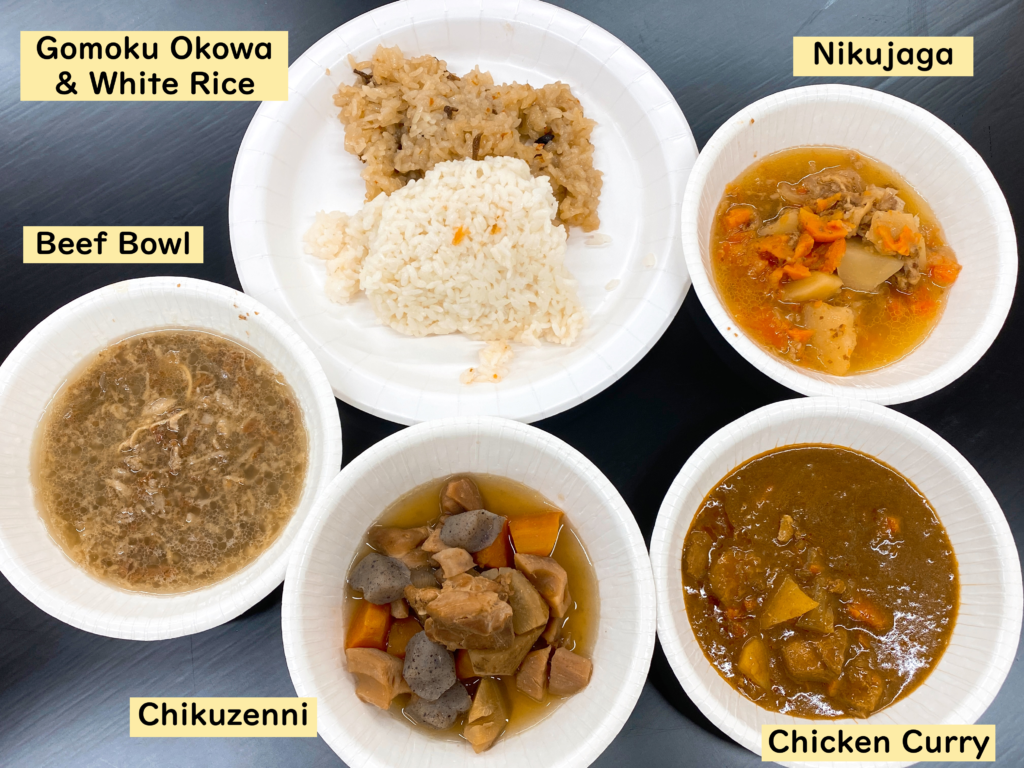
Both rice dishes are well-cooked. Gomoku okowa is very sticky and well-seasoned; The texture and consistency of the rice were the same as Malaysia’s pulut (sticky rice in Malay).
Meat-potato stew was savoury with a bit of sweetness, and the meat was soft, easy-to-chew. For both stew and chikuzenni, the vegetables (carrots, potato, etc.) were soft-thoroughly cooked. You can really feel they were well-steamed.
The chikuzenni has konjac and lotus root mixed in, which gave the dish more texture as the softness and a bit of crunchiness come together.

The chicken curry is Japanese curry, so it’s different from Malaysian ones. Japanese curry has a thicker consistency, whereas Malaysian’s is soupier. The curry had a mild flavour. It’s not bad, but it was sweet for me. If only it was spicier…For spicy lovers, you may need hot sauce or sliced chillies with it.
Beef Bowl (gyudon)—DIVINE! The meat just melts in your mouth. It’s different from what you would get at restaurants, as it had broth/soup too. Absolutely tasty when you mix a lot of its broth with rice. Then, eat that together with the meat…So flavourful!
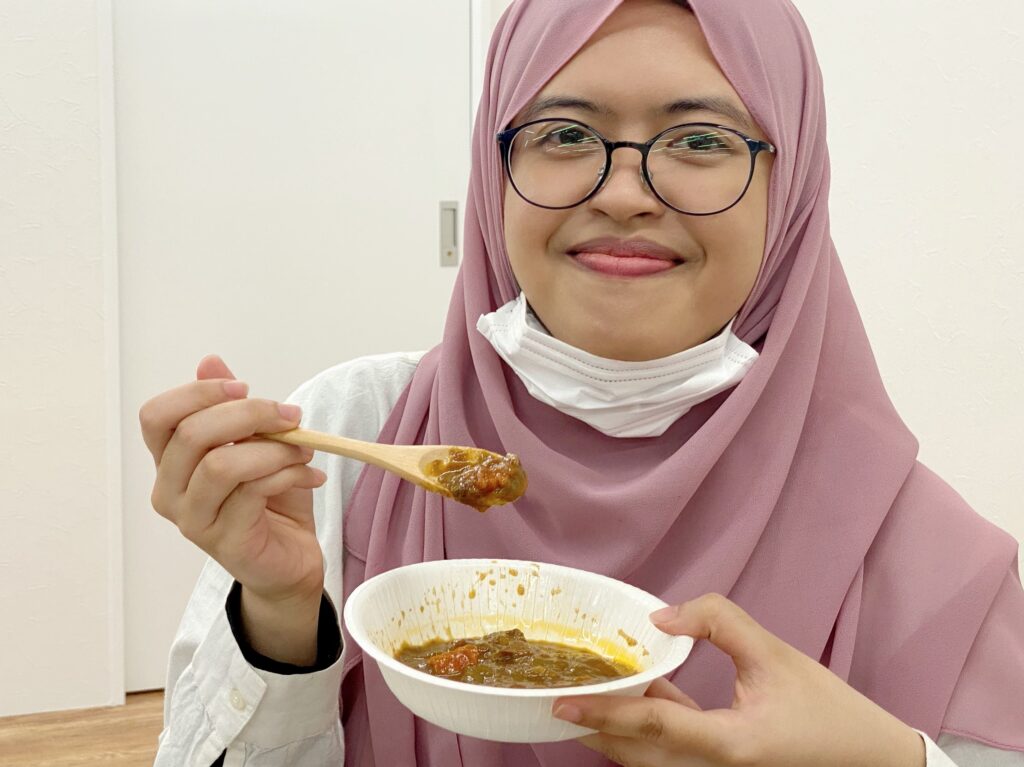
Everything was delicious, with visuals better than I expected. As if someone just cooked them in the kitchen and then served them straightaway. You can really tell the company put a lot of effort to make the products.
My favourite was the beef bowl, which made me want to eat more rice, even with just the broth. Totally worth the try!
Related Article:
Offer Halal Japanese Food: Hinomoto Shokusan Total Adherence
We have a network of Japanese companies keen to expand into the Halal market in Malaysia & Indonesia.
If you are interested in connecting with sustainable technology companies in Japan, simply JOIN the network from below. We will match the right one for you!



